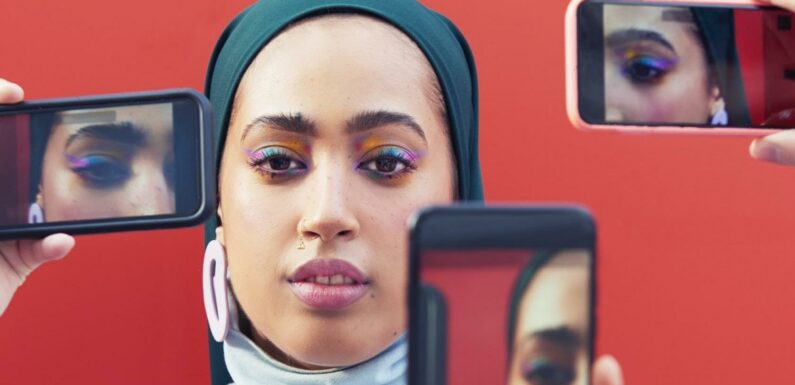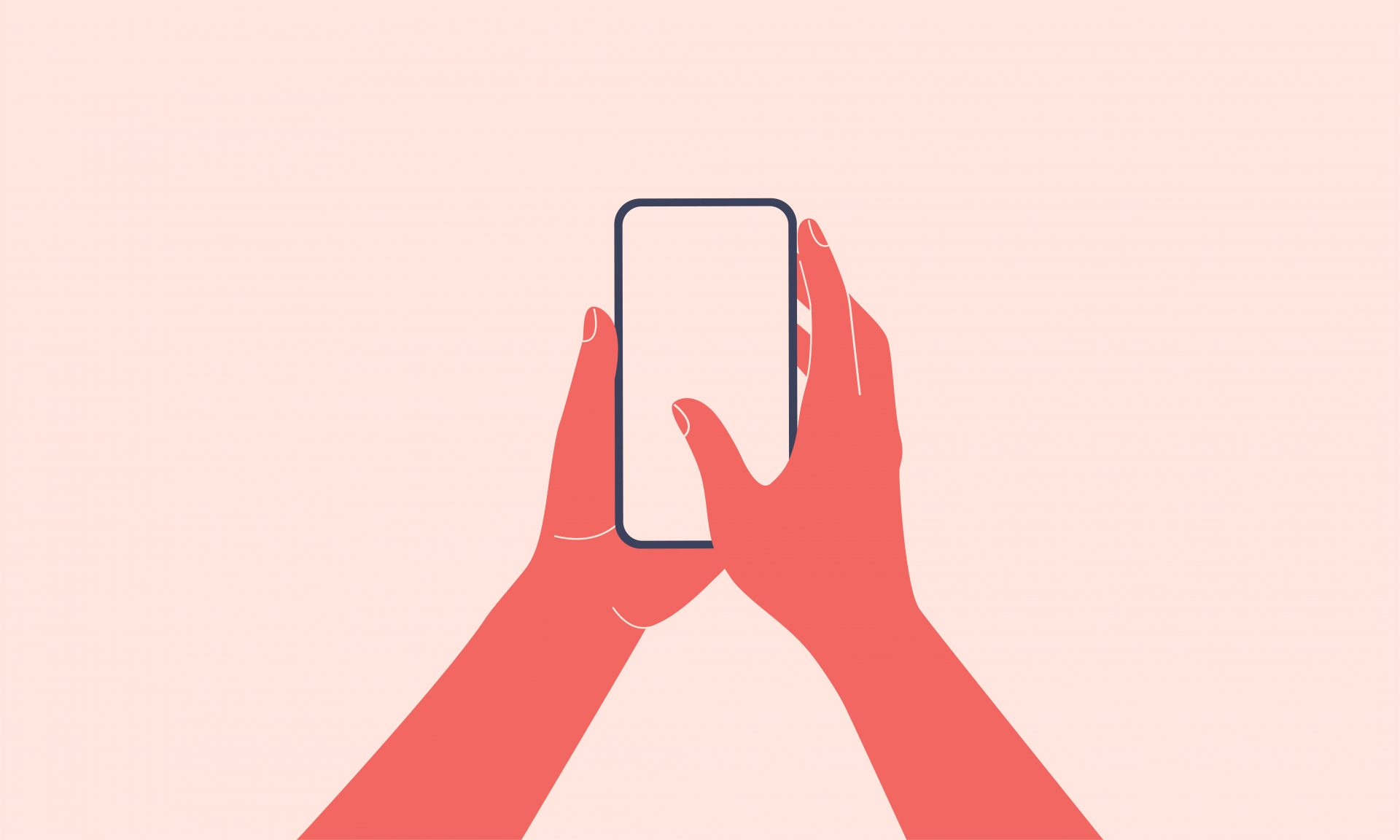
Written by Amy Beecham
Researchers atUNSW Sydney found that following body positive or appearance neutral Facebook pages can improve young women’s body image and mood.
Between stoking comparison culture and helping to spread misinformation, we’re used to hearing about how social media is making everything worse for us.
In 2022, the average person spent nearly two and a half hours scrolling every single day, with 4.7 billion people around the world now using social media. Across platforms like Facebook, Instagram and TikTok, photoshopping and filters all help to project images of idealised bodies, ones that are often preened, thin and white.
And whether we’re conscious of it or not, that messaging can have a negative impact on how we feel about ourselves.
A systematic review of 20 papers published in 2016 found that photo-based activities, like scrolling through Instagram or posting pictures of yourself, were a particular problem when it came to negative thoughts about your body. The research suggested that “fitspiration” images in particular might make you judge your own image more harshly.
However, a new study by UNSW Sydney has shown that it’s not actually all bad. In fact, seeing diverse bodies online can actually work as an effective method for boosting body image.
The author of the study Dr Jasmine Fardouly also suggested that seeing just one post a day would enable people to feel the positive impact. The researchers wrote that “viewing a small number of body positive or appearance neutral posts on social media may be an effective inexpensive micro-intervention for improving young women’s body image”.
From watching Lizzo calling out body shamers on TikTok for the millionth time to advice on how you can stop weight loss ads clogging up your Instagram feed, there are plenty of simple switches you can make to help your timeline feel like a more positive and uplifting place.
All the more reason to keep – mindfully – scrolling.
Images: Getty
Source: Read Full Article
